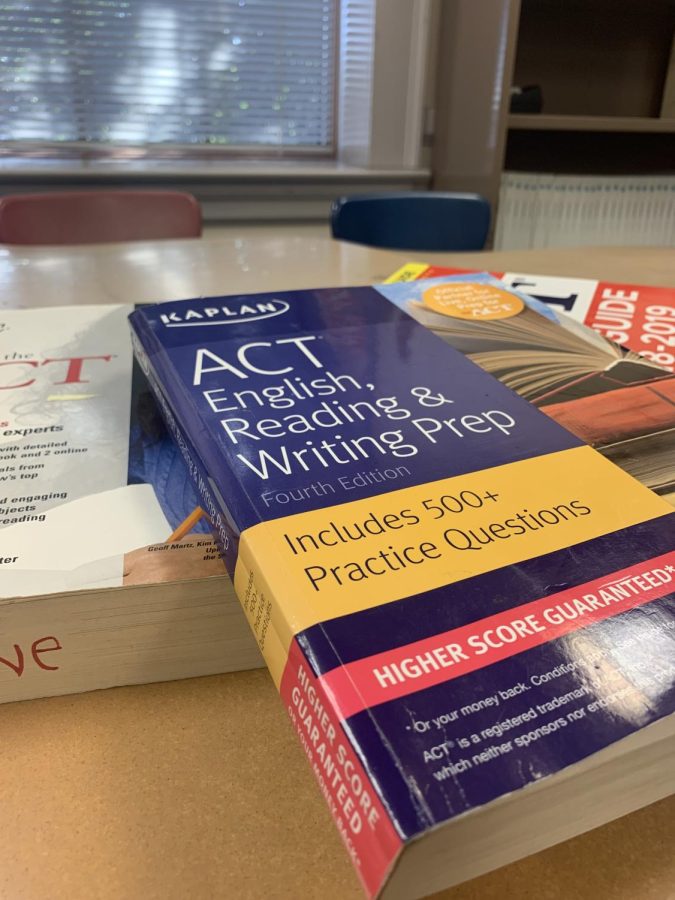American students are currently struggling with achieving the adequate ACT score. Each year, high school students across the United States spend weeks, or even months, studying for a standardized test that could determine their academic opportunities and college admissions. There are several sections for this standardized test: English, Math, Reading, Science, and Optional Writing. Unless the written portion is included, the ACT takes up to three and a half hours for students to complete, with occasional breaks. For over six decades, the ACT has been defined as a test to measure academic strengths and weaknesses of high school students or to test all the information they learned throughout their last four years.
Although the ACT is considered highly credible for colleges and universities, hundreds of postsecondary institutions no longer require student applicants to submit their ACT scores. It may be due to the sudden decrease in ACT scores over the last few years. According to NPR, “The class of 2022’s average ACT composite score was 19.8 out of 36, marking the first time since 1991 that the average score was below 20.”
The dramatic decline in ACT scores is an event that \shocked the nation. So, why is this happening now?
There are few explanations for the recent ACT score plummets, one of them being that American students suffered the academic consequences of the COVID-19 pandemic. Many students had no choice but to switch from in-person to virtual learning. Unfortunately, this did not come in many students’ favor as learning styles differ. Students across the U.S. endured a chaotic 2-year period of taking extreme caution over the coronavirus while trying to maintain school grades. Perhaps, another reason is students having low confidence in their performance.
Chandler High senior Alexis De La Cruz offered her intake on how she performed on her ACT. She stated that although she has not checked her ACT score, Alexis explained why she thought she did not do well on this standardized test. “I had a lot of self-doubts,” Alexis disclosed, “I felt like I wasn’t prepared, even though I knew what I was doing.” Furthermore, 11th-grade student Mia Herrera affirmed whether or not she felt like her current English teacher is preparing her for this upcoming test, with a simple answer: “Yes, very much so.” She strives to achieve the national ‘average’ score on the ACT in the Spring of 2023.
Not only have ACT scores been negatively affected, but California students as young as nine years old have also experienced score drops in math and reading. Fourth-grade students were tested before the two-year pandemic and shortly this year. According to (newsnationnow.com), scores in reading declined by five points, and math scores plummeted by seven points. However, Governor Gavin Newsom mentioned that these score declines in California were not as drastic as in other states.
These recent statistics leave the nation with a bit of pondering: How will education institutions recover from this? In what ways can schools across the country help increase the national score averages? For the next few years, the American education system will be searching for a solution (or multiple) to recuperate from low ACT scores, along with test score drops among elementary students.
























